Swiss government wants public consultation on EU framework deal
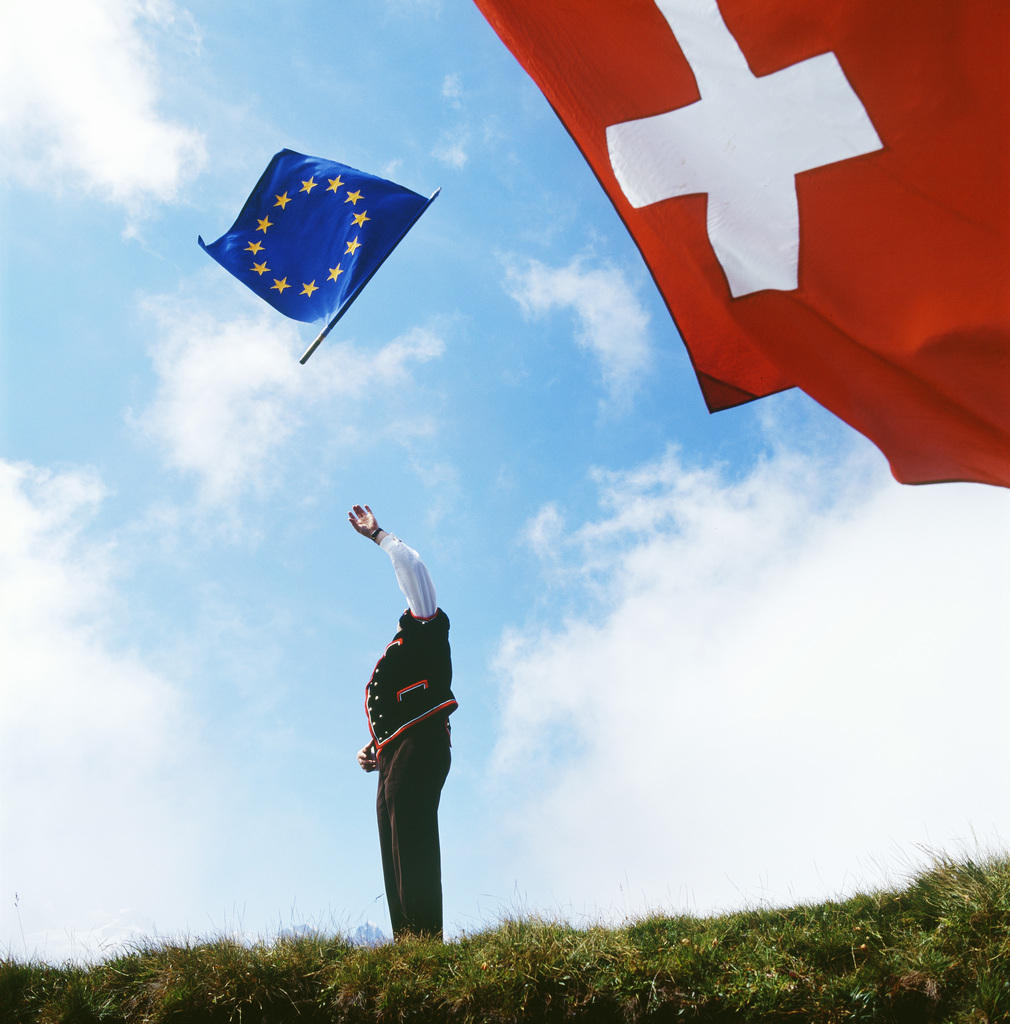
The Swiss government says it wants to carry out a public consultation before taking a final position on an “institutional framework” agreement negotiated with the European Union aimed at cementing future ties between Switzerland and its biggest trading partner.
The seven-member Federal Council (executive body) said on Friday that it had asked the foreign ministry to carry out a national consultation with relevant actors – political parties, cantons, parliament and associations.
“These consultations will serve as a basis for a thorough analysis of the political interests with a view to a possible signature of the agreement,” it said.
According to former diplomat Paul Widmer, there was too much divergence in opinion among Swiss stakeholders to conclude the negotiations.
“Putting the dossier through a new hoop is the only solution that remains. The Federal Council cannot accept the draft. Domestic resistance is too strong. Nor can it reject it outright without snubbing Brussels,” he told swissinfo.ch
Since 2014, talks have been taking place to formalise relations between the two sidesExternal link, now covered by around 120 separate accords that have been negotiated since a 1992 referendum in the Alpine state rejected joining the European Economic Area.
The proposed overarching agreement on the table covers five of the larger bilateral deals: free movement of persons, mutual recognition of industrial standards, agricultural products, air transport and land transport. Under the negotiated accord, Swiss rules would automatically adapt to be in line with EU law. The treaty would also aim to provide a more effective platform to resolve disputes using arbitration panels to handle disagreements while still giving the European Court of Justice (ECJ) a say in how to interpret law.
+ Putting the institutional framework agreement in context
Brussels wants Switzerland to agree a treaty before granting greater access to EU markets and has been pushing Bern to agree a treaty this year amid ongoing Brexit talks and before elections in Switzerland and the EU scheduled for 2019.
The situation is extremely delicate for the Swiss government, which has been wrestling with the long-running talks and risks upsetting Brussels, the Swiss parliament and the Swiss population. The talks hit an impasse because of Swiss opposition from the traditionally pro-Europe left and unions and the anti-EU conservative right who believe the framework deal encroaches too much on Swiss sovereignty.
Disagreement centres on Swiss rules protecting local high wages and the costs of Switzerland accepting the EU’s principle of the free movement of people. There are also objections to the role of the ECJ and EU rules on state aid, which could affect publicly guaranteed Swiss cantonal banks.
Possible consequences
The EU is Switzerland’s biggest trading partner. Two-thirds of Swiss foreign trade is with the EU. Around 1.4 million EU citizens live in Switzerland – foreigners in all make up a quarter of the population of 8.5 million – and around 312,000 commute daily, helping Swiss companies fill key jobs.
More than 450,000 Swiss live in the EU, and Switzerland is a top trade partner for the EU after the United States and China.
If the long-awaited deal were to ultimately fail, the sectoral accords would stay in effect, but relations may suffer.
The Swiss cabinet said on Friday that rejecting the accord could have a series of negative consequences such as on access to the EU’s electricity market, and on issues ranging from public health and food security to stock market equivalence.
The financial sector fears an escalating row. EU sources told Reuters on Thursday that if Switzerland does not back the draft pact, the European Commission would not extend the recognition of the SIX Swiss Exchange – the country’s main stock exchange – and other trading venues beyond this year.
Bracing itself, last month the Swiss government said it could ban trading of Swiss shares on European Union stock exchanges from January, unless the European Commission recognises Swiss regulatory equivalence by the start of next year.
Switzerland could also lose access to the EU’s Horizon Europe programme, which starts in 2021 and funds research and innovation.
The cabinet said on Friday that it was “not possible for the EU to suspend or postpone negotiations”.
Further talks are not excluded, but they cannot take place before 2020 and there is no guarantee that the EU will continue with the same mandate and the existing draft agreement, it added.
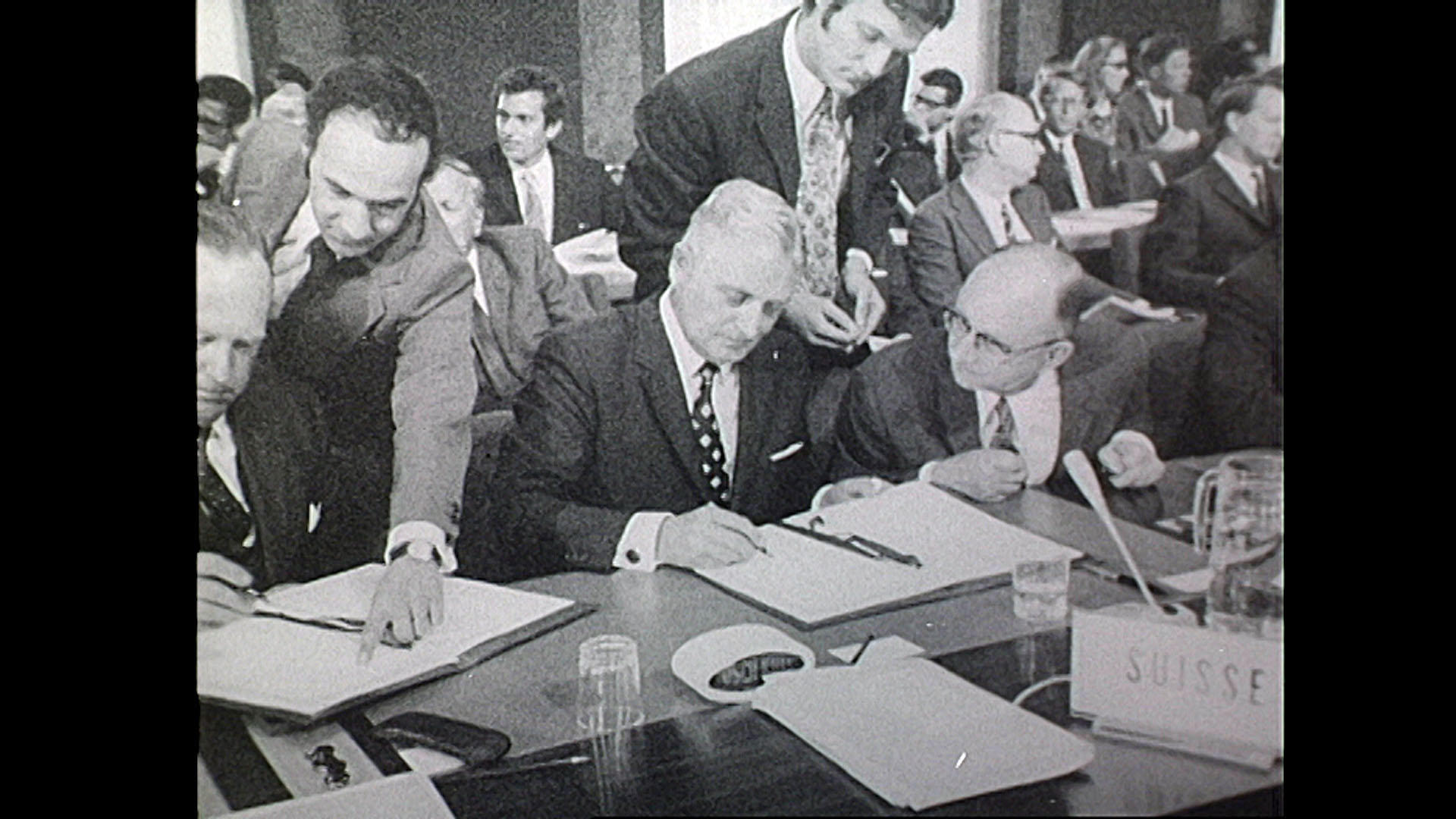
More
Swiss-EU relations: the key milestones

In compliance with the JTI standards
More: SWI swissinfo.ch certified by the Journalism Trust Initiative
















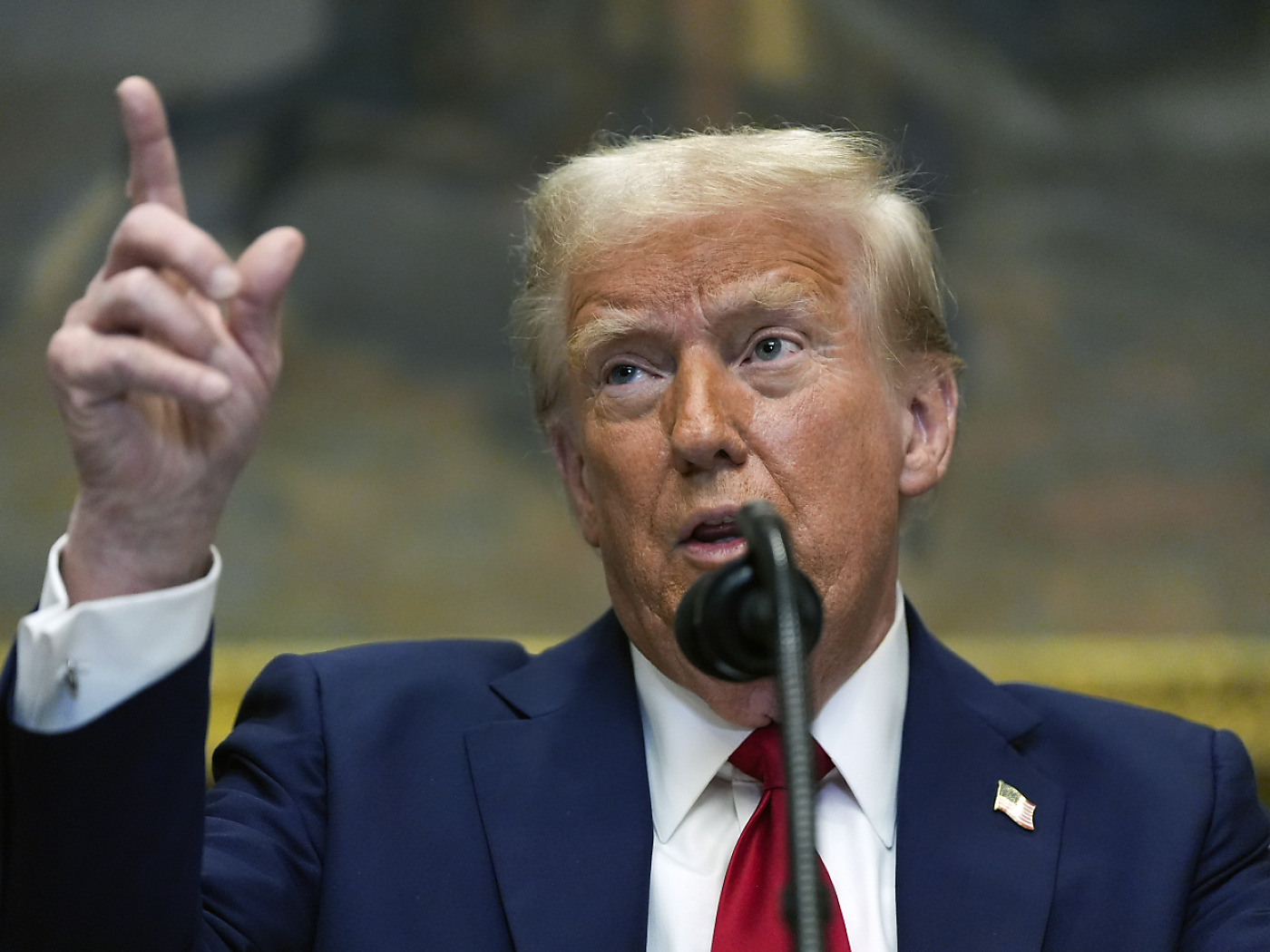




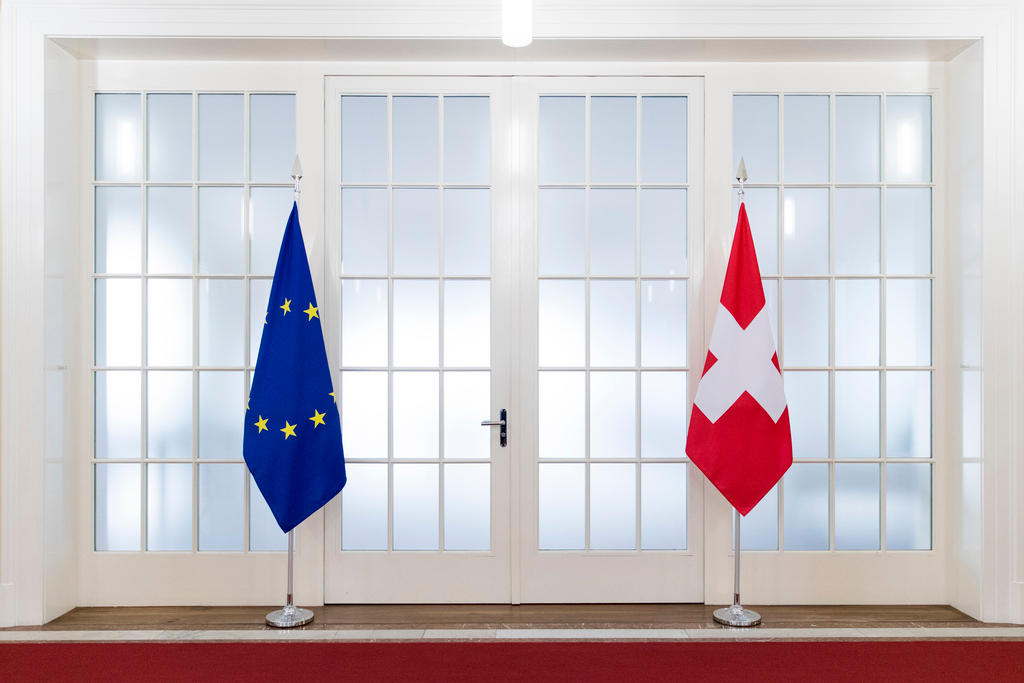
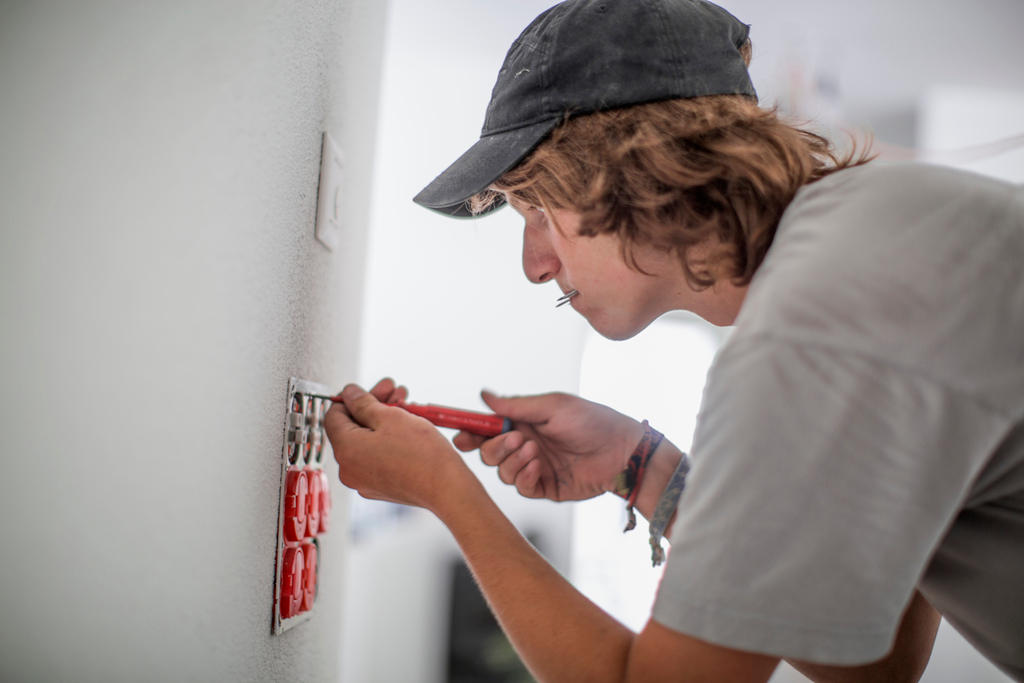


You can find an overview of ongoing debates with our journalists here . Please join us!
If you want to start a conversation about a topic raised in this article or want to report factual errors, email us at english@swissinfo.ch.